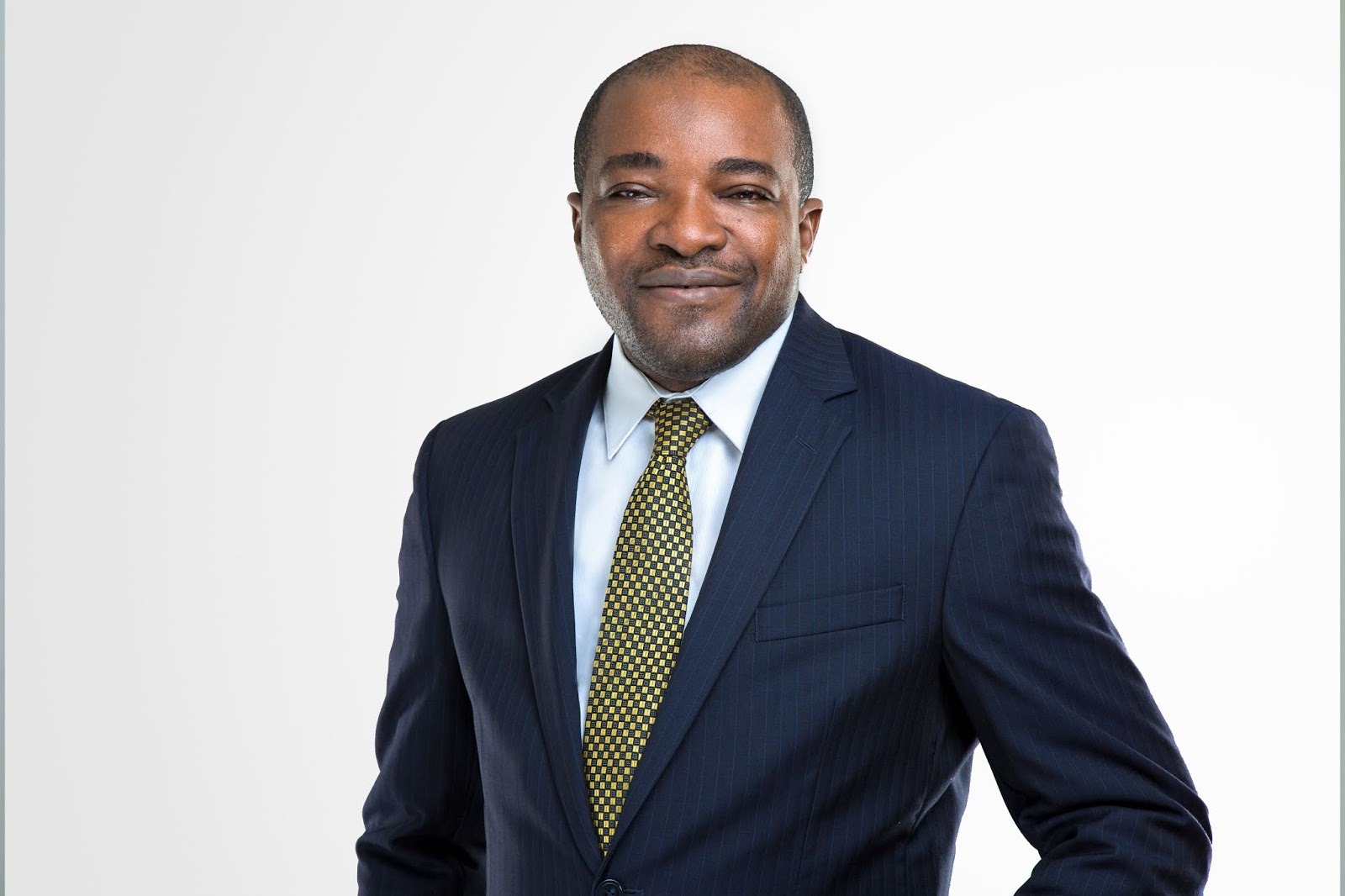In a recent address during a pre-Ramadan lecture organized by the University of Lagos Muslim Alumni (UMA), Niyi Yusuf, the chairman of the Nigerian Economic Summit Group (NESG), delivered a stern message to the federal government under President Bola Ahmed Tinubu.
He asserted that the ambitious goal of achieving a $1 trillion Gross Domestic Product (GDP) growth target by 2030 is unattainable in Nigeria’s current energy landscape, which he described as a ‘generator economy’.
Yusuf emphasised that a staggering 46 percent of Nigeria’s population lacks access to electricity, highlighting the critical need to address the persistent electricity supply issue for any significant economic growth to occur.
To pave the way for achieving the $1 trillion economy target, Yusuf outlined several imperative steps. Firstly, he stressed the necessity of driving foreign direct investments (FDI), controlling inflation, and addressing foreign exchange volatility. Additionally, he emphasised the urgency of plugging fiscal leakages in key government agencies such as the Central Bank of Nigeria (CBN), the Nigerian Petroleum Company Limited (NNPC), and the Federal Inland Revenue Service (FIRS).
Yusuf emphasised the importance of stabilising the economy and curbing forex volatility and inflation rates. He underscored the critical need to enhance the tax-to-GDP ratio and support local businesses while investing in digital infrastructure.
Furthermore, he urged for greater scrutiny of budget allocations, advocating for higher capital expenditures compared to recurrent expenses and debt servicing to signify genuine progress.
In his concluding remarks, Yusuf reiterated that the nation’s energy crisis must be urgently addressed, as reliance on generators for power generation is unsustainable and hampers economic growth. He emphasised that without a substantial improvement in electricity access, Nigeria cannot transition away from its current ‘generator economy’ status.



